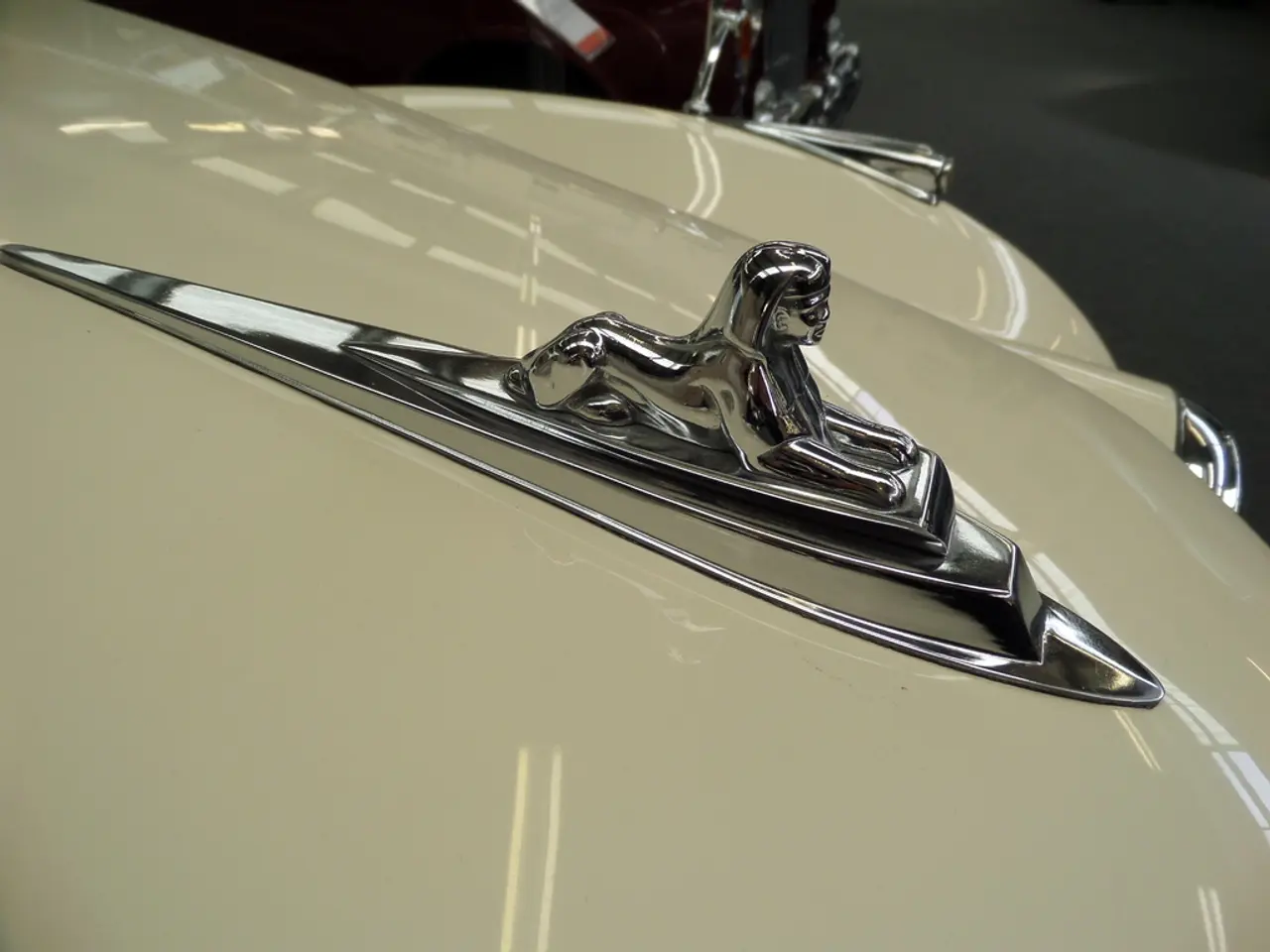Insurance Conundrum: Is E20 Fuel Damage Included in Your Auto Insurance Coverage?
In a significant move towards cutting oil imports and reducing vehicular carbon emissions, the Government of India has announced a phased rollout of E20 fuel. However, the transition is not without its challenges, as concerns about insurance claims for damages related to E20 fuel are causing anxiety among car owners, dealers, and insurers alike.
HDFC Ergo, a motor insurance provider, has declined to provide a definitive stand on claims related to E20 damage due to the evolving nature of the fuel policy and the absence of specific regulatory direction. ICICI Lombard also remains vague about its position on E20 fuel compatibility and related claims.
These ambiguities have led to reports of practical problems with the E20 rollout, including cases of overheating, reduced fuel economy, and suspected long-term wear in engines. Automobile forums are filled with cases of these issues in cars that were not originally designed to handle high ethanol content.
Until motor insurance policies explicitly mention ethanol blend fuels, the fine print will continue to be a concern in India's clean energy transition. Acko Insurance initially stated that its motor insurance policy excludes damages from E20 fuels, causing backlash. However, a senior official from Acko Insurance clarified that the policy covers physical or accidental mechanical damage, irrespective of the fuel type used in the car.
Manufacturers have assured that post 2023 models will be calibrated for E20 compatibility, but complaints are already surfacing. For instance, a Pune-based service advisor has reported an increase in issues from customers who have used E20 in slightly older cars, with warranty clauses not fully protecting them.
Several Indian insurers, including Bajaj Allianz General Insurance and ICICI Lombard, have not yet issued clear statements regarding damages caused by the use of E20 petrol. The cost of repairs and public trust in policy frameworks are at stake in India's transition to cleaner energy.
It's worth noting that non-accidental engine damage is generally attributed to poor maintenance or falls under the manufacturer's warranty. However, many motor insurance providers exclude consequential damages or problems arising from fuel quality in their comprehensive policies, leaving a grey zone when it comes to E20-related complaints.
The Supreme Court has halted the age-based car ban, which may have implications for car owners in India. With the rollout of E20 fuel, the longevity of petrol engines in India is another concern that needs to be addressed.
As the country moves forward with its clean energy transition, it's crucial for insurance providers, manufacturers, and the government to provide clear and concise guidance on E20 fuel compatibility and related insurance claims to ensure a smooth transition for all parties involved.
Read also:
- Peptide YY (PYY): Exploring its Role in Appetite Suppression, Intestinal Health, and Cognitive Links
- Toddler Health: Rotavirus Signs, Origins, and Potential Complications
- Digestive issues and heart discomfort: Root causes and associated health conditions
- House Infernos: Deadly Hazards Surpassing the Flames








